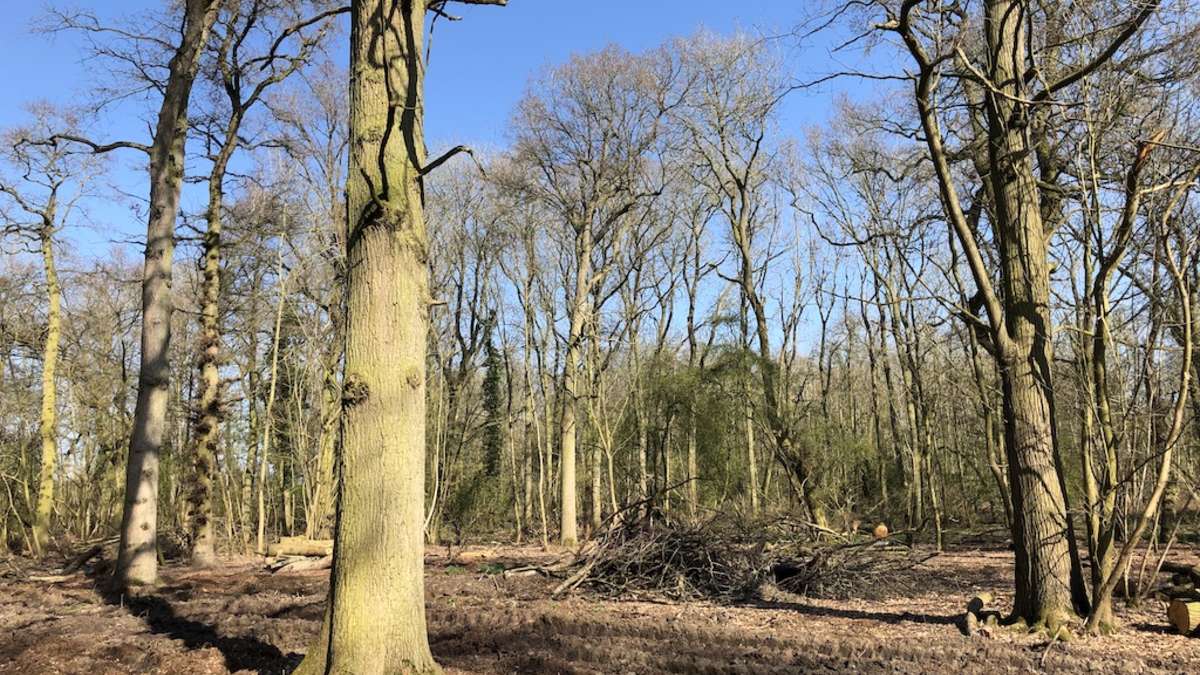
Decarbonisation – Act Now. Confor calls on governments across the UK to set targets for woodland creation totalling 40,000 hectares a year by 2030. This will make a substantial contribution needed to reduce atmospheric carbon.
- Harvesting accelerates the rate of carbon sequestration in the forest.
- Carbon is locked up for longer in timber products such as buildings.
- Timber is an alternative to carbon intensive materials such as steel, concrete, plastic, coal and oil.
- Home grown timber relives pressure on global forests.
- Recycling wood, saves more carbon ie for biomass fuel, chipboard or biochemicals.
Currently the UK total forest cover stands at just 13% – where the European average is 43%. Confor proposes scaling up woodland creation in the UK to 40,000 hectares per year by 2030. 18,000 in Scotland, 10,000 in England, 9,000 in Wales and 3,000 in Northern Ireland.
The targets are ambitious but achievable, but why are they not higher?
It takes years for any new woodland creation scheme to scale up delivery, and for landowners to take up the option to plant. There are also technical constraints:-
Seed Availability
Demands for seed of local provenance and specific species is increasing, taking 20 years for an orchard to come to fruition from seed.
Nursery Capacity
The risk of introducing pests and diseases means that importing nursery stock has very limited suitability. UK forestry relies on a small number of fairly large nurseries. Failure of one (for example due to a plant health issue) would create a huge gap in capacity.
Skilled People
It requires around 800 planters to create 40,000 hectares of forestry.
Just Planting Is Not The Only Answer.
Managing existing woodland for carbon also has several benefits:
- There is far more existing woodland than any potential new planting scheme could create.
- Established trees, when thinned, sequester carbon far more rapidly than newly-planted ones.
- There are none of the complexities of land use change which new woodland creation involves.
- The co-benefits (improved biodiversity, amenity value etc) are immediate.
In Conclusion
Forestry and timber is a vital part of the UK’s decarbonisation. It is cost effective and the only proven technology for removal of large scale greenhouse gas. However, we need action and knowledgeable policymakers to invest wisely in growing our future forests to contribute to the decarbonisation of the UK.
At Sutton Timber we wholly support the responsible management of our woodlands. Companies such as Confor do such vital research to ensure that we all have a healthy planet for future generations.
Information contained within this article is from Confor.org.uk. To read the full article follow the link to their website.’ Think Global Plant Local‘.

